I have a teenage sibling who has been taking medications since they were very little that increase their blood pressure. While they are fairly active and have a balanced diet, they have high blood pressure readings. What are some good ways for them to reduce their blood pressure?
I would recommend speaking with their doctor specifically about their individual situation. The first question to ask is if that medication is still necessary and effective for treating their condition? Are there any alternative medications for the other condition that might not have the side effect of increasing the blood pressure? If he or she is on a necessary and helpful medication, then following lifestyle modifications are important:
- Maintain a healthy body mass index (a measure of weight in proportion to height). Eating well, reducing sedentary activities such as video games and exercising regularly are key. In general, children should do moderate to vigorous activity for 30-60 minutes a day at least 3-5 days per week.
- In addition to eating a balanced diet and exercising, eliminating salt from the diet can be very helpful. This includes not adding salt while cooking or adding salt to meals but also avoiding foods that are high in sodium. Of course, that means potato chips, salted nuts and similar snacks. There are other foods with “hidden” salt, particularly processed and prepared foods, such as canned soup, deli meats, bacon and sausage, even cheese and bread. The CDC website has good information and tips for reducing salt intake.
- Avoid smoking, alcohol, caffeine and energy drinks.
It is also important to evaluate for an underlying cause of high blood pressure, which the medication may be bringing to light, and to talk with your doctor about possible effects of high blood pressure. Depending on the situation, it may be necessary to treat the elevated blood pressures with another medication, if it is safe to do so.
 https://riseandshine.childrensnational.org/wp-content/uploads/2025/02/girl-holding-heart-feature.jpg
300
400
Rise and Shine
https://riseandshine.childrensnational.org/wp-content/uploads/2017/11/childrens_riseandshine_logo.jpg
Rise and Shine2025-02-11 13:45:422025-02-28 12:43:208 ways to help children with CHD prepare for healthy futures
https://riseandshine.childrensnational.org/wp-content/uploads/2025/02/girl-holding-heart-feature.jpg
300
400
Rise and Shine
https://riseandshine.childrensnational.org/wp-content/uploads/2017/11/childrens_riseandshine_logo.jpg
Rise and Shine2025-02-11 13:45:422025-02-28 12:43:208 ways to help children with CHD prepare for healthy futures



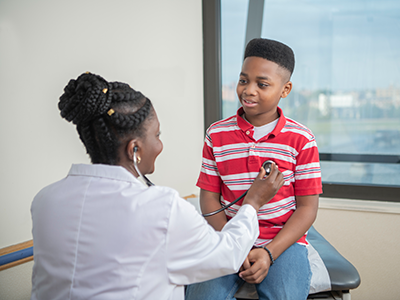



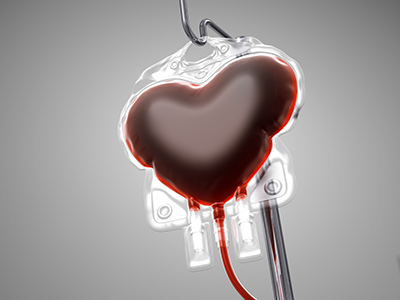

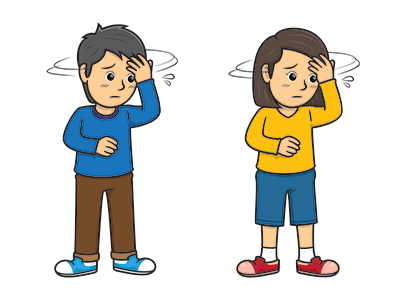
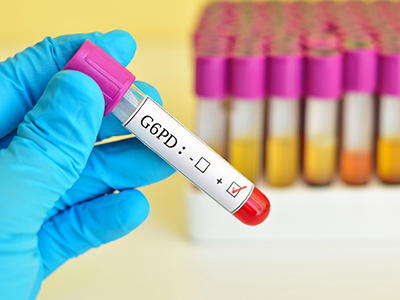

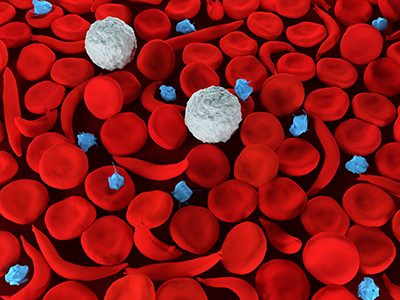
I have a teenage sibling who has been taking medications since they were very little that increase their blood pressure. While they are fairly active and have a balanced diet, they have high blood pressure readings. What are some good ways for them to reduce their blood pressure?
I would recommend speaking with their doctor specifically about their individual situation. The first question to ask is if that medication is still necessary and effective for treating their condition? Are there any alternative medications for the other condition that might not have the side effect of increasing the blood pressure? If he or she is on a necessary and helpful medication, then following lifestyle modifications are important:
It is also important to evaluate for an underlying cause of high blood pressure, which the medication may be bringing to light, and to talk with your doctor about possible effects of high blood pressure. Depending on the situation, it may be necessary to treat the elevated blood pressures with another medication, if it is safe to do so.
ABOUT THE EXPERT
Subscribe to our newsletter and get free parenting tips delivered to your inbox every week!